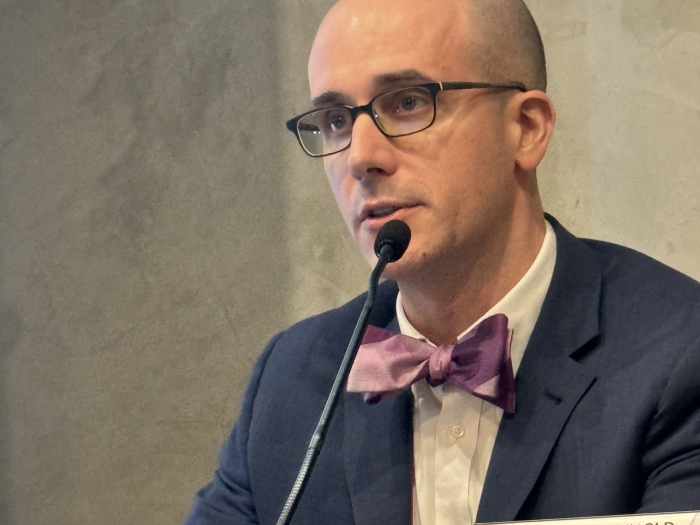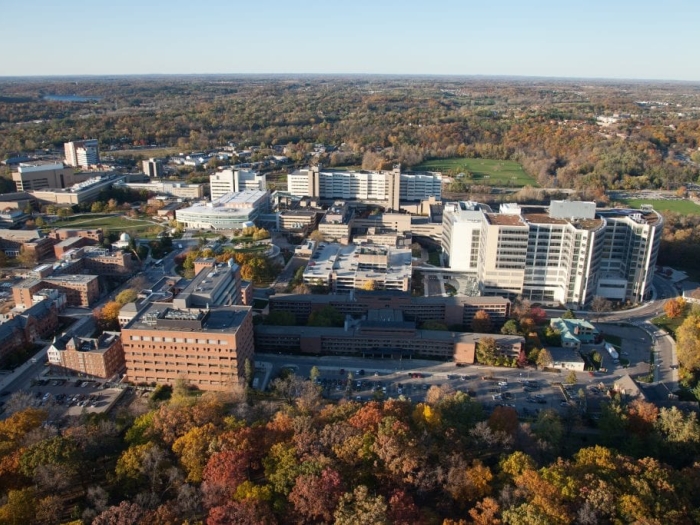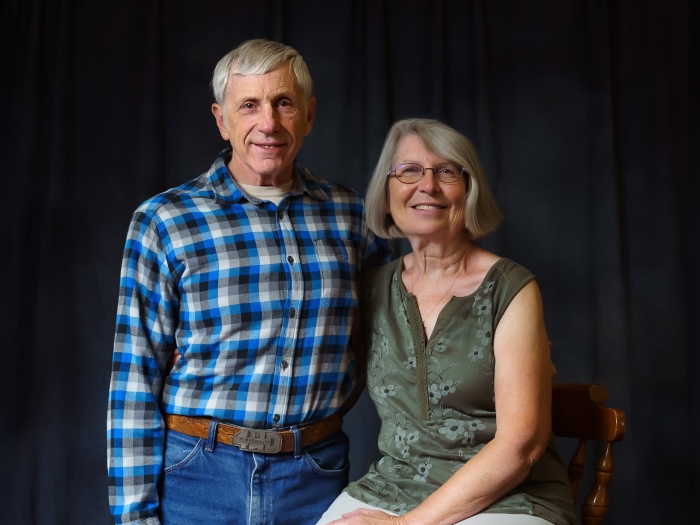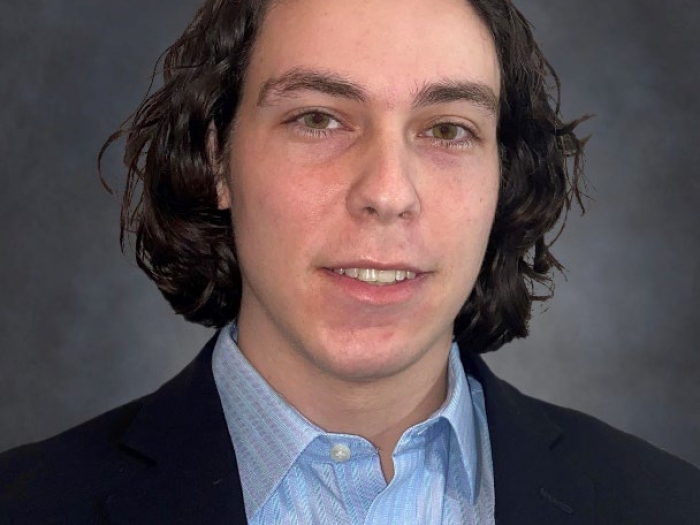Hello!
The third year of medical school goes by very quickly. I started on Internal Medicine, which is three months long. We took our shelf exam (the national test taken at the end of each rotation) about two weeks ago. After we finished, one of my classmates asked if I realized that we were 1/4th the way through third year. I hadn't realized that.
Third year is when we get to learn from doctors in the hospitals and clinics rather than in the lecture halls. We also learn from patients, who I have found to be the best teachers so far. But I think that the most difficult aspect of third year has not been intellectual, but emotional. As medical students, we have a lot of time to talk to our patients, much more time than the residents or attendings. We get close to our patients and then we leave and go onto the next rotation. Also we sometimes see patients get worse instead of better. And once again, we move onto the next rotation and are no longer able to care for the person who was "my patient" for several weeks.
The emotional aspect of medicine is changing rapidly. Medicine is both more personalized and less personalized today. There are designer drugs for specific genetic mutations, but there are also numerous specialists with whom a patient works. At the same time, doctors are being encouraged to be more empathetic and in touch with their patient's emotions. I'm all for that, but I feel like the increasingly specialized nature of medicine is at odds with developing true empathy.
I feel a similar struggle within myself during third year. At Michigan, I see many of the top physicians in the world performing unbelievable procedures and providing cutting edge care. Of course, the researcher in me gets excited and thinks that this super-specialized lifestyle would provide amazing academic opportunities. On the other hand, I see primary care physicians develop decades-long relationships with their patients and intervene in just as important and much more nuanced ways. I also respect and want to emulate these physicians.
It is difficult to know now where we'll all end up. We're all trying to just figure out where we need to be and how to sound smart (or at least not dumb). Nevertheless, the possibilities are both exciting and intimidating.

Department of Communication at Michigan Medicine
Want top health & research news weekly? Sign up for Health Lab’s newsletters today!





